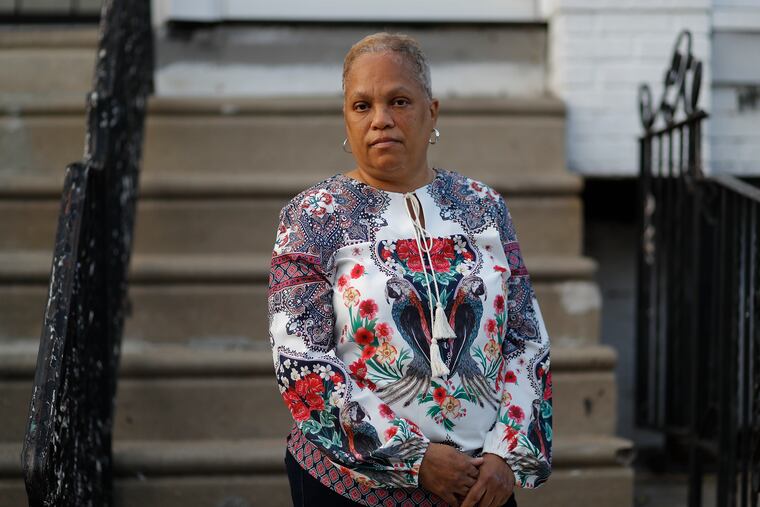Police couldn’t tell a Philly mom where the file on her son’s unsolved 2007 murder went. The day after I wrote about it, the file was found.
Families of homicide victims deserve more attention and care — and so do the case files of their loved ones.

Philadelphia police still haven’t solved the 2007 murder of Eric Keith Woods Jr., but at least now they’ve solved the mystery behind his missing case file.
A day after I wrote about how Woods’ mother, Monique Irvis, was desperately trying to track the file down, police said it was discovered in a records storage room.
“At some point, his original case file was misfiled while at the City of Philadelphia Record Storage Center,” Jasmine Reilly, a police spokesperson, told me in an email.
To recap: Irvis had been asking about the case file — which contained interviews, leads on suspects, and anything else that might help police solve her 19-year-old son’s murder — for more than two years, and mostly gotten the runaround.
For a while, she was told everything had been packed away in preparation for the department’s move from the Roundhouse at 750 Race St. to its new headquarters in the old Inquirer and Daily News building at 400 N. Broad St.
And then, last month, when detectives still failed to produce the file, she was told that it would be “recreated,” which even confused the police spokesperson.
Reilly said she didn’t know why Irvis was told the case would be recreated, “as the detectives have all pertinent information related to the investigation stored electronically.”
She added: “The PPD has always maintained electronic copies of Woods’ homicide file and his case was never lost. We are looking into whether appropriate protocol was followed.”
I mean, whatever you want to call it: misplaced, misfiled, lost — this needless episode only compounded Irvis’ grief. Irvis lost her son, a middle child born on Christmas Day 1987, after he was shot while coming home from a basketball game when he was 19. Every Christmas since, she and her family have visited his gravesite at Fernwood Cemetery in hopes that one day they will be able to tell him someone has been held accountable for his death.
But you know what — in a city where hundreds of people are killed a year and thousands of those murders remain unsolved, we often need to take our wins where we can get them, and this was a win for Irvis.
On Thursday afternoon, she went to police headquarters with her friend Dawn Burton to meet with the detective on the case and see the file with her own eyes. She asked me to accompany her as well, but I wasn’t allowed to sit in.
So, I waited in the tastefully redone lobby and contemplated the irony of a reporter being benched in what was once the Tower of Truth.
After more than two hours, Irvis reappeared, a weight lifted — however temporarily.
She was allowed to see enough of the file to confirm that it was the original, she told me. And while it didn’t seem to her that anyone had touched the paperwork for a while, Thursday’s meeting was the longest she had spoken with police officials about her son’s murder in years.
Irvis said the detective, who was assigned to the case in 2021, assured her that her son’s homicide was actively being investigated and that he would be pursuing some potential new leads.
Irvis has heard similar promises before, but she wanted to be optimistic.
“It’s going to be hard for me to trust them, but I’m hoping I can,” she said.
As she walked out of police headquarters, she thanked the detective and made a request both simple and sad.
“Keep me updated,” she told him. “So I know you haven’t forgotten.”
Outside she repeated something she told the detective: “It’s not just about my son’s unsolved homicide, it’s about everybody’s. We need to feel like you guys care about us, that you understand us ... and that you really are committed to helping us.”
I hope the detective heard her, really heard her, and that her plea guides his work. But he’s hardly the only one who needs to hear this.
It’s very likely that the next Philadelphia mayor will choose a new police chief.
I have a lot of hopes for the new mayor. But among the biggest is that whoever they name as the next top cop does a much better job of prioritizing families than any police commissioner has since I began writing about these families more than a decade ago.
Irvis is part of a growing fellowship of families who feel revictimized by detectives who ghost them or disrespect them or just don’t bother to pick up a phone to reassure families that, even if the cases haven’t been solved yet, their loved ones haven’t been forgotten.
Short of solving more murders in our city, that is the very least they should do.